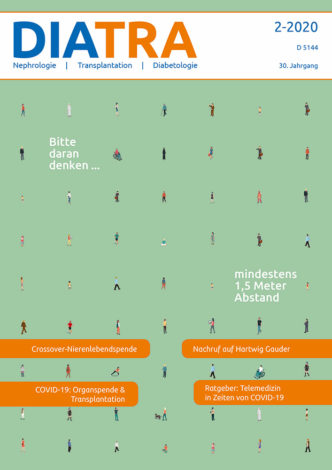Main Publications (Peer-Reviewed)
Making a Murderer: How risk assessment tools may produce rather than predict criminal behavior, (with Donal Khosrowi) American Philosophical Quarterly, forthcoming
In a sentence: Risk assessment tools like COMPAS may reinforce propensities to criminal behavior, which poses novel challenges for the development of these tools.

Austinian Model Evaluation, Philosophy of Science, 90(5):1459-1468, 2023
In a sentence: Like Austin’s “performatives”, some models are used not merely to represent, but also to change their targets in various ways; I argue that these models can be evaluated with respect to their “felicity”, i.e. whether their use has achieved this purpose.
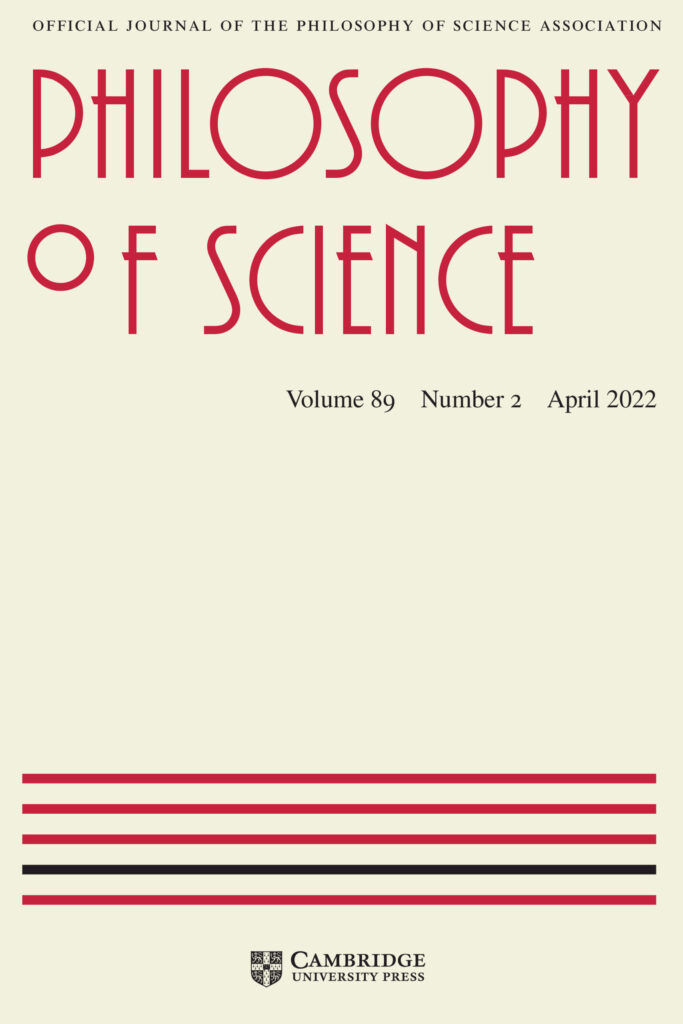
Markets, Market Algorithms, and Algorithmic Bias, Journal of Economic Methodology, 30(4):310-321, 2023
In a sentence: Where economists previously viewed the market as arising “spontaneously”, they now increasingly design market algorithms to achieve specific purposes; I trace this development and consider its consequences for the ethics of markets.
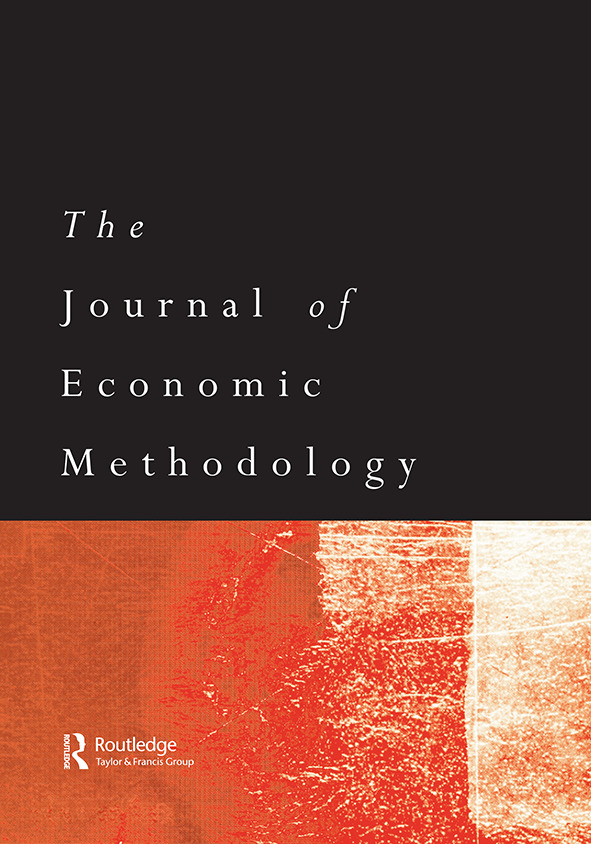
When Is Lockdown Justified?, (with Lucie White and Mathias Frisch) Philosophy of Medicine 3(1):1-22, 2022
In a sentence: Early evidence justified the imposition of lockdowns in high-income countries.
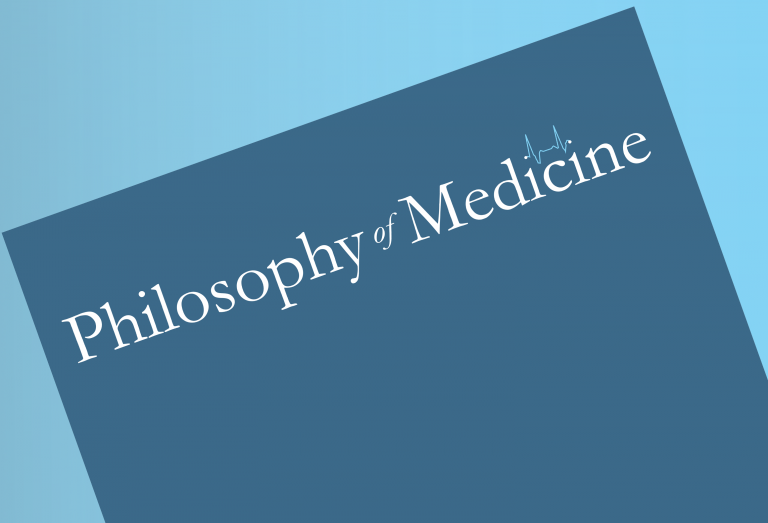
Rationality in games and institutions, Synthese 199:12295-12314, 2021
In a sentence: If you believe that rational agents may cooperate in a Prisoners‘ Dilemma, you should be prepared to design the institutions through which we interact accordingly, but I am not optimistic that the result will be desirable.
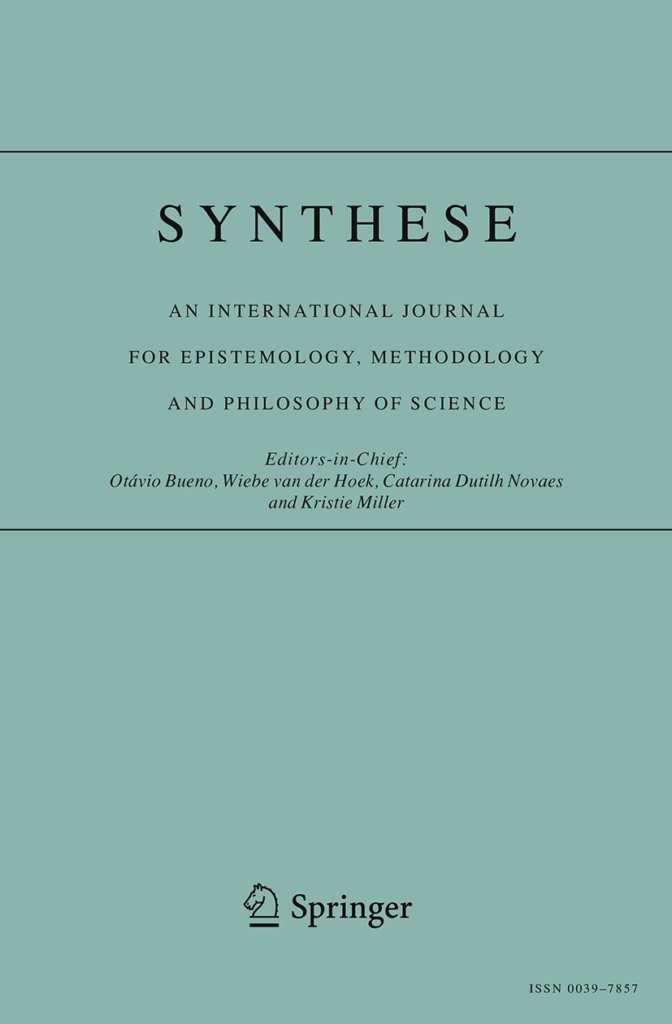
The Epistemic Duties of Philosophers: An Addendum, (with Lucie White) Kennedy Institute of Ethics Journal 31(4):447-451, 2021
In a sentence: We were slightly concerned, upon having read Winsberg et al.’s reply to our paper “Were Lockdowns Justified? A Return to the Facts and Evidence”, that they may have fundamentally misunderstood the nature of our argument, so we issue the following clarification, along with a comment on our motivations for writing such a piece, for the interested reader.
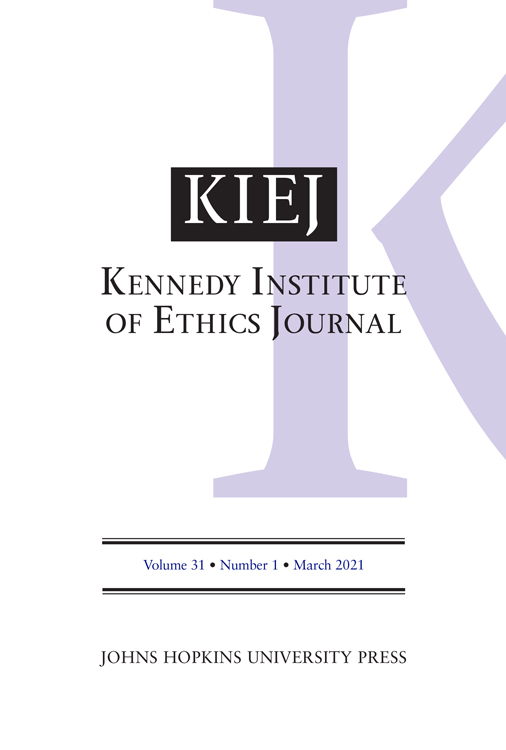
Were Lockdowns Justified? A Return to the Facts and Evidence, (with Lucie White) Kennedy Institute of Ethics Journal 31(4):405-428, 2021
In a sentence: When evaluating lockdown policies, the evidential basis upon which governments imposed them should properly be taken into account; unfortunately, philosophers of science have so far failed in this task.

Without a trace: Why did corona apps fail?, (with Lucie White) Journal of Medical Ethics 47:e83, 2021
In a sentence: Effective contact tracing in a pandemic requires centralised storage of data, which is justifiable as it may minimise ethical risks, all things considered.
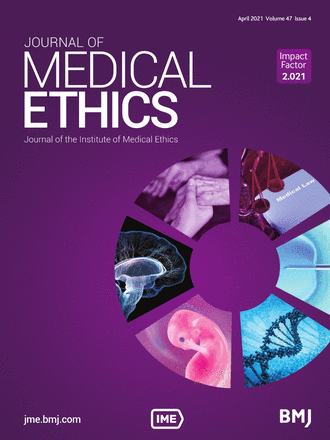
Three Ways in Which Pandemic Models May Perform a Pandemic, (with Lucie White, Donal Khosrowi, and Mathias Frisch) Erasmus Journal for Philosophy and Economics 14(1):110-127, 2021
In a sentence: Epidemiological models may not only forecast, but also influence the course of an epidemic in important ways, and this is what we have seen in the COVID-19 pandemic.
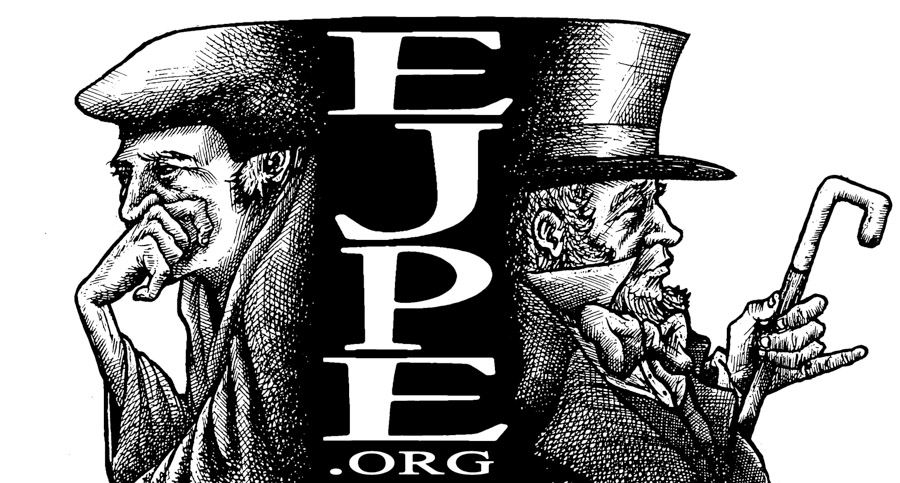
Privacy versus Public Health? A Reassessment of Centralised and Decentralised Digital Contact Tracing, (with Lucie White) Science and Engineering Ethics 27(2):1-13, 2021
In a sentence: We should analyse the overall ethical risks of data technologies, but debates about digital contact tracing have tended to one-sidedly focus on privacy, which has led to largely ineffective designs.

How to Build an Institution, Philosophy of the Social Sciences 51(2):215-238, 2021
In a sentence: Successful institutional design requires a designer, an engineer and a plumber.
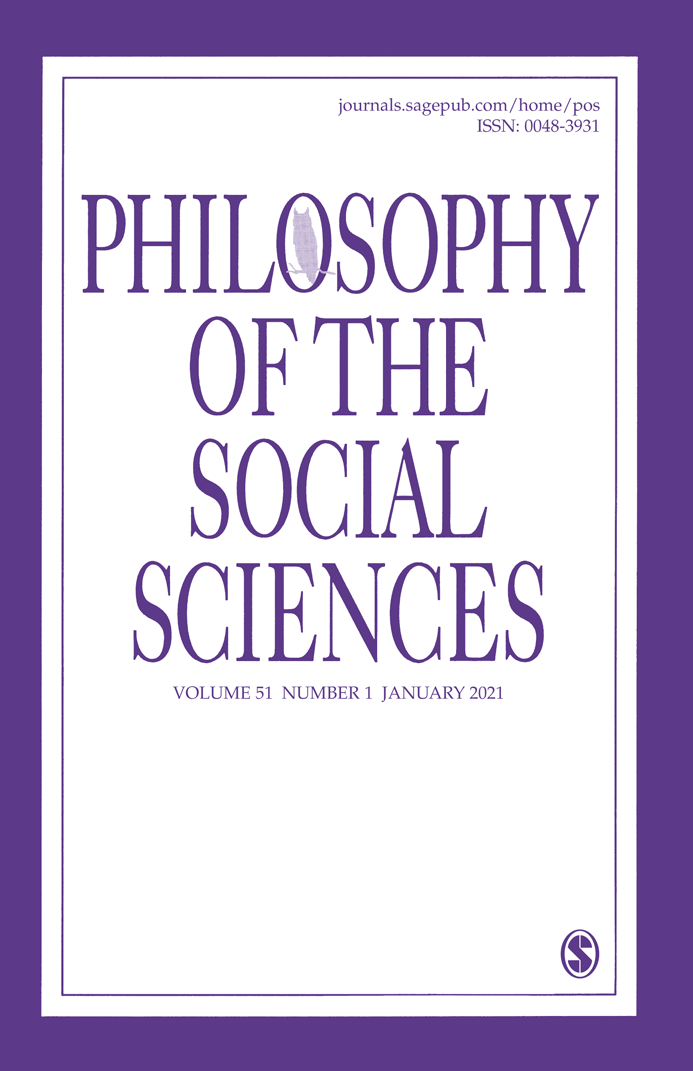
How to Overcome Lockdown: Selective Isolation vs. Contact Tracing, (with Lucie White) Journal of Medical Ethics 46(11):724-725, 2020
In a sentence: We should not lock down the elderly or other vulnerable groups in a pandemic, but rather put vigorous contact tracing measures on the agenda.

Kidney Exchange and the Ethics of Giving, Journal of Ethics and Social Philosophy 18(1):85-110, 2020
In a sentence: Kidney exchange is ethically justifiable and should not be prohibited.

Comment on The climate mitigation gap: education and government recommendations miss the most effective individual actions, (with Eric Brandstedt), Environmental Research Letters 13, 048001, 2018
In a sentence: Having children increases your carbon footprint, but not by as much as many scientists have assumed because they have engaged in methodologically flawed multiple-counting of emissions.
Subject of a response by Seth Wynes and Kimberly Nicholas: Reply to Comment on The climate mitigation gap: education and government recommendations miss the most effective individual actions, Environmental Research Letters 13, 048002, 2018.
Coverage: The Guardian, Spektrum.de (German), BBC
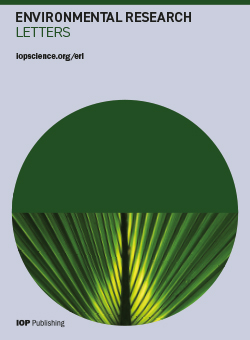
Towards a Fair Distribution Mechanism for Asylum, Games 8, 41, 2017
In a sentence: Matching systems show promise for making the distribution of refugees fairer and more efficient, but the devil is in the details.

Dawid, Hartmann, Sprenger on the No Alternatives Argument: an empiricist note, Kriterion 29(1), 35-47, 2015
In a sentence: Dawid, Hartmann and Sprenger defend the possibility of non-empirical theory confirmation via the “No Alternatives Argument”, but their defence begs the question.
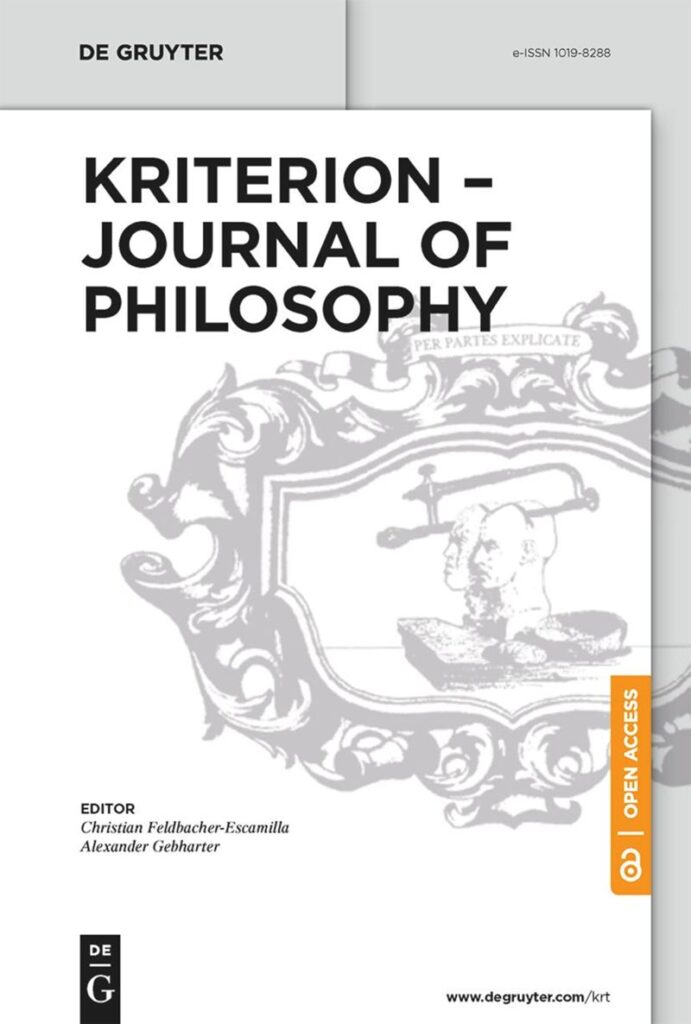
Book Reviews
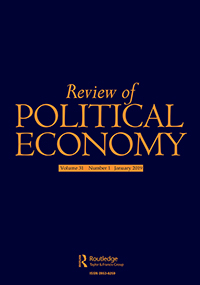
Radical Markets: Uprooting Capitalism and Democracy for a Just Society (by Eric Posner and Glen Weyl), Review of Political Economy 31(1), 137-141, 2019

The Prisoner’s Dilemma (M. Peterson, ed.), Economics and Philosophy 33(1), 153-160, 2017
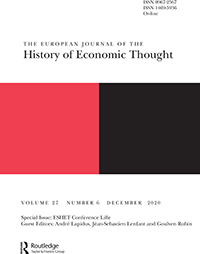
The World the Game Theorists Made (by Paul Erickson), The European Journal of the History of Economic Thought 24(2), 403-406, 2017
Other Languages
On the ethics of corona apps, (with Lucie White) Ethik in der Medizin 33, 387–400, 2021 (in German)
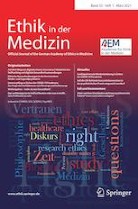
On the Ethics of Kidney Exchange, DIATRA 2-2020:35-37, 2020 (in German)
